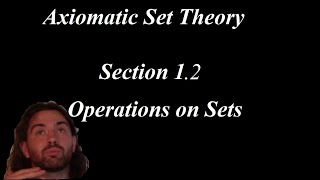Mathematical axioms | Foundations of geometry | Elementary geometry
Tarski's axioms
Tarski's axioms, due to Alfred Tarski, are an axiom set for the substantial fragment of Euclidean geometry that is formulable in first-order logic with identity, and requiring no set theory (i.e., that part of Euclidean geometry that is formulable as an elementary theory). Other modern axiomizations of Euclidean geometry are Hilbert's axioms and Birkhoff's axioms. (Wikipedia).
















